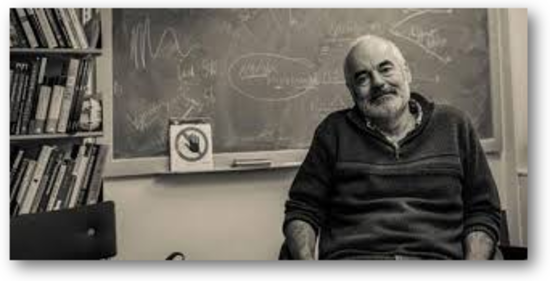 Writing in Nature yesterday, David Spiegelhalter and two other eminent scientists tried to explain to ministers how to understand the advice they get from scientists. It ranges from the worthy (No measurement is exact; Bigger is usually better for sample size) to the much racier (Bias is rife; Scientists are human). It's hard to disagree with any of this although I'm not sure that it really portrays the problems with academia as a reliable source of advice for policymakers.
Writing in Nature yesterday, David Spiegelhalter and two other eminent scientists tried to explain to ministers how to understand the advice they get from scientists. It ranges from the worthy (No measurement is exact; Bigger is usually better for sample size) to the much racier (Bias is rife; Scientists are human). It's hard to disagree with any of this although I'm not sure that it really portrays the problems with academia as a reliable source of advice for policymakers.
For example, when the authors tell the reader that scientists are human and that peer review is fallible, you get no sense of the failings uncovered by controlled studies of peer review (as described in The Hockey Stick Illusion), which suggest that it is nearly useless for ensuring that the conclusions of a paper are correct (although that obviously doesn't prevent peer review being useful as a way of improving a paper).
Nor does "scientists are human" quite get over abuses like those we saw in the Climategate emails and which the official inquiries carefully chose not to investigate. These too were explained away as scientists being 'human', and so it is clear that this heading potentially undermines the integrity of all policy advice.
I thought of this problem while reading Steve McIntyre's latest post on the Cowtan and Way paper, in which he discusses some of Robert Way's contributions to the Skeptical Science discussion board. Steve's post is largely non-technical and is therefore quite accessible to the lay reader, and I encourage people to take a look. Anyhow, Way turns out to have been enough of a scientist to tell other users of the discussion board that Steve was right about Mann's papers, including the hockey stick, that he was right about 'hide the decline' and that O'Donnell et al were right about Steig's Antarctic paper. But he also suggested that he had been advised to steer clear of Mann's papers:
I’ve been shown before by even climatology profs in my university time that it might be best to stick clear of Mann’s reconstructions until the dust settles.
And in the comments to Steve's thread, Way protests that his positive comments about Steve have been publicised:
Do you feel that it is fair to do this to a grad student? To choose to highlight examples that may someday lead to negative repercussions for an individual?
So we need to be clear that in the climate field at least, mere agreement with a position that erodes, however slightly, the alarmist position, is expected by scientists working in that field to have negative repercussions.
How then can policymakers trust the scientific advice they receive and, perhaps more importantly, why should the public trust the policymakers? The answer is that they can't - either of them. Without some external check on its integrity the advice is worthless. We need red teams, and quickly.